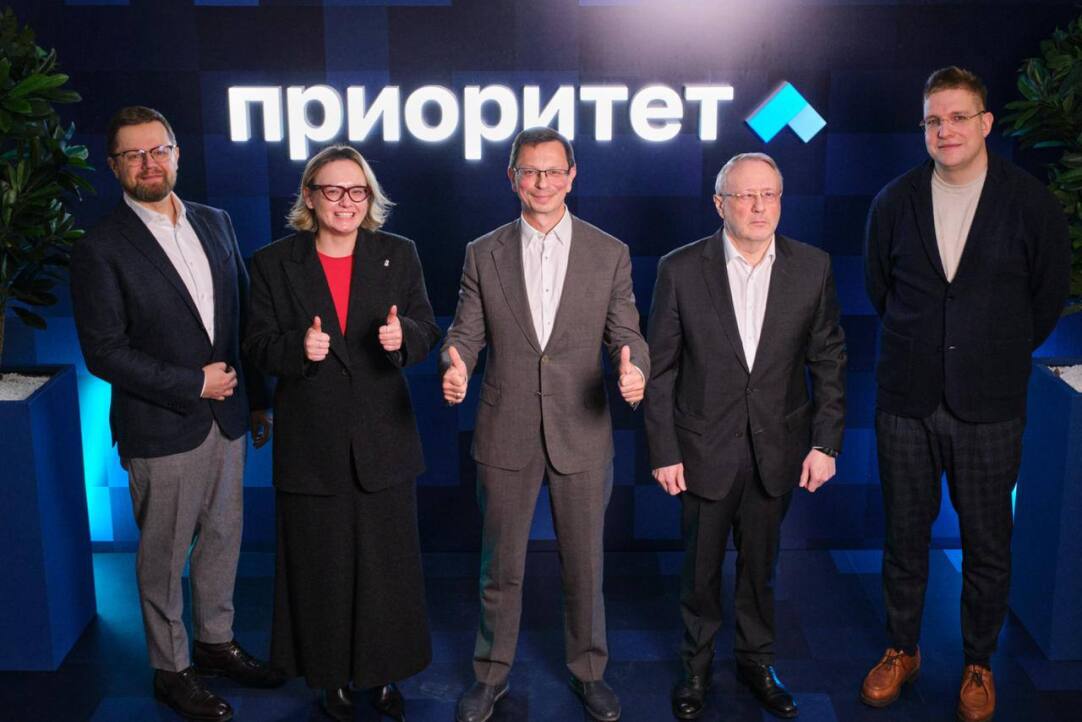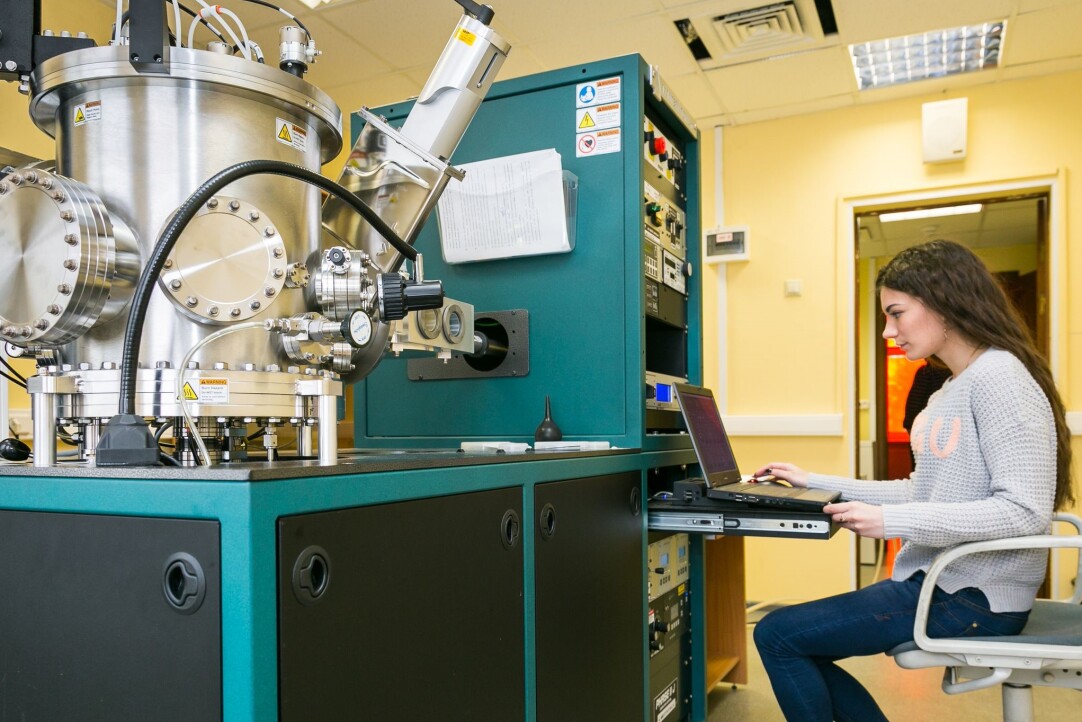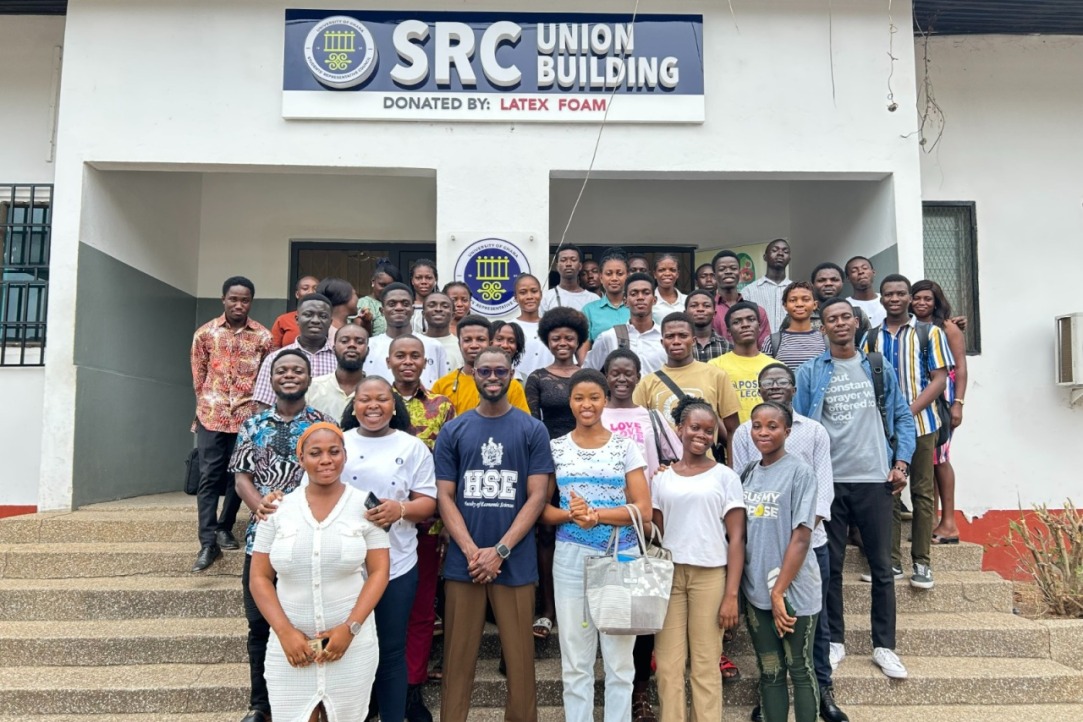In March 2025, HSE Days took place in the Ghanaian capital of Accra, the cultural hub of Kumasi, and the Bono East region. Representatives of the university awarded participants of the HSE International Olympiad (HSE INTO 2025) and spoke to local school pupils and university students about educational opportunities, scholarship programmes, and application pathways to HSE University.










.jpg)









.jpg)